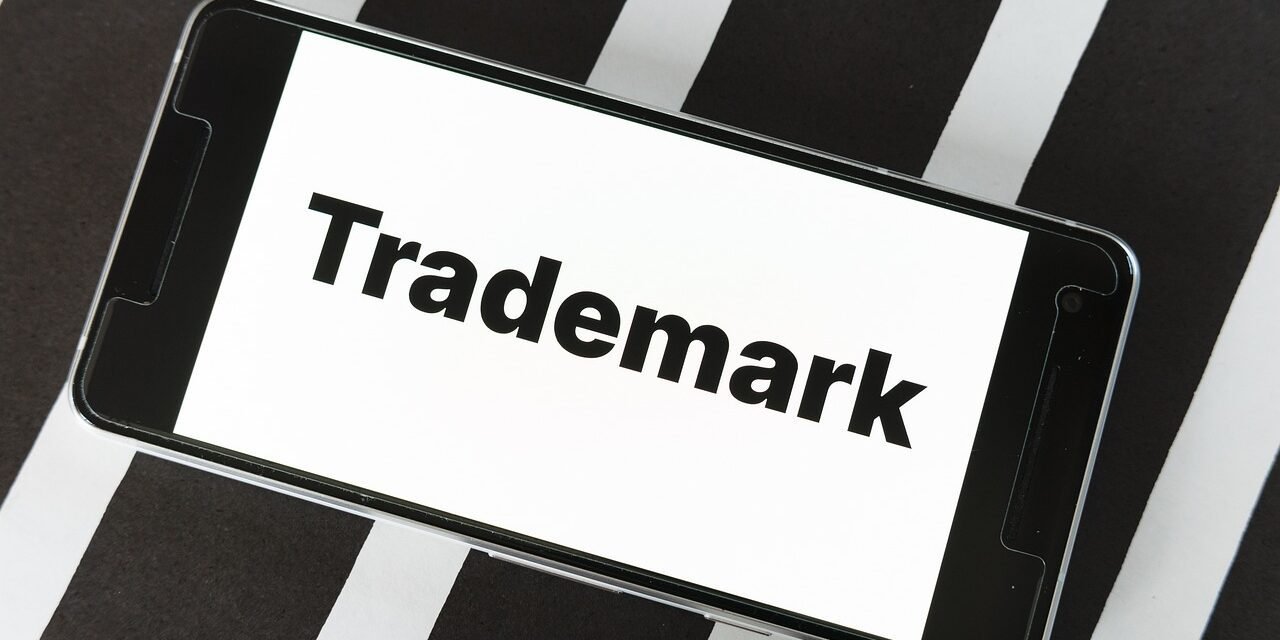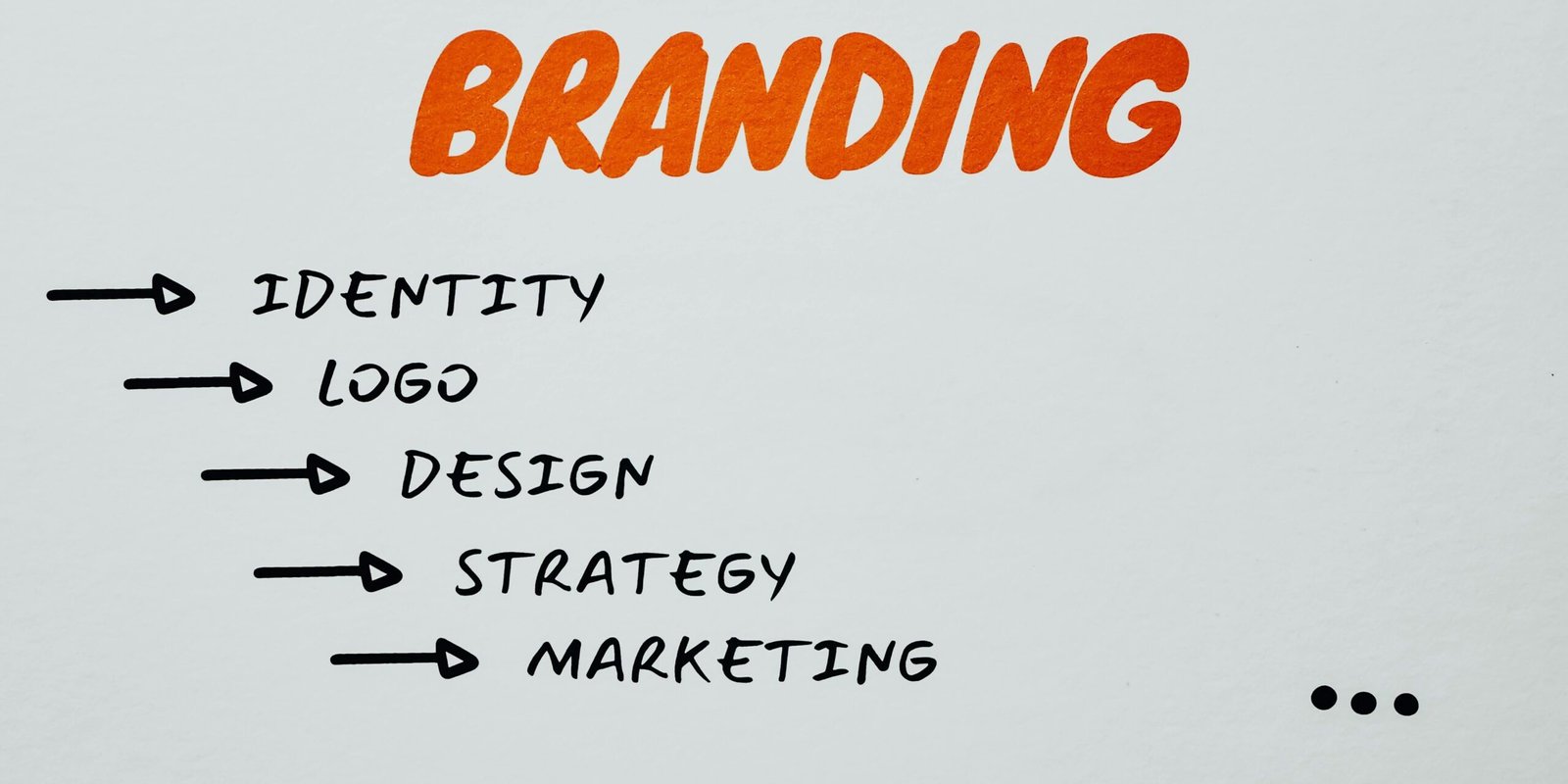DIY vs Pro Background Checks
What You Need to Know
DIY vs Pro Background Checks : What You Need to Know
In today’s world, background checks are crucial for a variety of purposes, from hiring employees to screening tenants, and even checking the credibility of a potential business partner. As technology advances, more people are considering conducting background checks themselves. However, the question remains: should you rely on DIY background checks or opt for professional services? This comprehensive guide will delve into the pros and cons of both options, helping you make an informed decision that suits your needs.
Understanding Background Checks
What is a Background Check?
A background check is a thorough review of an individual’s or organization’s history, typically used to verify their identity, credentials, and criminal record. It may also include credit history, employment verification, education verification, and social media presence.
Why are Background Checks Important?
Background checks are essential for several reasons:
- Safety and Security: Ensuring that individuals do not pose a threat to the workplace, residential community, or business environment.
- Legal Compliance: Many industries have specific regulations that mandate background checks to protect vulnerable populations.
- Reputation Management: Maintaining the integrity and reputation of an organization by avoiding association with individuals who have a problematic history.
- Fraud Prevention: Detecting potential fraud by verifying credentials and claims.
The DIY Background Check Approach
How to Conduct a DIY Background Check
Conducting a DIY background check involves several steps:
- Gather Information: Collect basic information about the individual, such as full name, date of birth, social security number, and address history.
- Search Online Databases: Utilize online public records databases, such as court records, sex offender registries, and social media platforms.
- Verify Employment and Education: Contact previous employers and educational institutions to verify the individual’s claims.
- Credit Check: Obtain consent to pull a credit report if applicable, typically through credit bureaus like Experian, TransUnion, or Equifax.
- Reference Checks: Reach out to personal and professional references provided by the individual.
Advantages of DIY Background Checks
Cost-Effective
One of the main advantages of conducting DIY background checks is the cost savings. Professional services can be expensive, especially if you need to conduct multiple checks. By doing it yourself, you can save money on service fees.
Immediate Access
DIY background checks provide immediate access to information. You don’t have to wait for a third party to process the check, which can be beneficial if you need information quickly.
Control Over the Process
When you perform a background check yourself, you have complete control over the process. You can decide what information is relevant and how thorough you want to be.
Disadvantages of DIY Background Checks
Limited Access to Information
One significant drawback of DIY background checks is the limited access to comprehensive data. Professional services often have access to databases and records that are not available to the general public.
Time-Consuming
Conducting a thorough background check can be extremely time-consuming. You need to search multiple databases, verify information, and follow up on leads, which can take hours or even days.
Risk of Incomplete or Inaccurate Results
Without professional expertise, there’s a higher risk of missing critical information or misinterpreting data. Incomplete or inaccurate background checks can lead to making uninformed decisions, potentially putting your business or personal safety at risk.
The Professional Background Check Service Approach
How Professional Background Check Services Work
Professional background check services utilize their expertise and access to extensive databases to provide comprehensive reports. Here’s how they typically operate:
- Client Consultation: Understanding the specific needs of the client to tailor the background check process.
- Data Collection: Gathering necessary information from the client and obtaining consent from the individual being checked.
- Database Search: Accessing a wide range of public and proprietary databases to gather relevant information.
- Verification: Cross-referencing and verifying data from multiple sources to ensure accuracy.
- Reporting: Compiling the findings into a detailed and easy-to-understand report for the client.
Advantages of Professional Background Check Services
Comprehensive and Accurate Information
Professional services provide access to a broader range of information, ensuring a more comprehensive and accurate background check. They have the tools and expertise to uncover details that might be missed in a DIY approach.
Time-Saving
Using a professional service saves you significant time and effort. Experts handle all aspects of the background check, allowing you to focus on other important tasks.
Legal Compliance
Professional background check services are well-versed in the legal requirements and regulations surrounding background checks. They ensure that all checks are conducted in compliance with laws such as the Fair Credit Reporting Act (FCRA), minimizing the risk of legal issues.
Expertise and Reliability
With years of experience, professional background check providers are skilled at interpreting data and identifying red flags. Their expertise increases the reliability of the results, giving you peace of mind.
Disadvantages of Professional Background Check Services
Cost
The primary disadvantage of professional background check services is the cost. Depending on the depth and scope of the check, fees can add up quickly, especially for small businesses or individuals on a budget.
Potential Delays
While professional services strive for efficiency, there can be delays in processing, especially if extensive verification is required. This can be a drawback if you need information urgently.
Ideal Scenarios for DIY Background Checks
- Personal Use: Checking up on someone you’re personally involved with, such as a potential date or neighbor, where the stakes are lower.
- Preliminary Screening: Conducting an initial screening to weed out obvious red flags before deciding to invest in a professional service.
- Small Scale Checks: For small businesses or landlords who only need to conduct occasional checks and have the time to do it themselves.
Tips for Effective DIY Background Checks
- Use Reputable Sources: Stick to official databases and reputable online services to ensure the information is accurate.
- Be Thorough: Take the time to check multiple sources and verify information. Don’t rely on a single database.
- Stay Informed About Legal Requirements: Ensure you’re aware of any legal restrictions or requirements, such as obtaining consent for certain checks.
- Keep Records: Document your findings and the steps you took to gather information for future reference.
Ideal Scenarios for Professional Background Check Services
- Hiring Employees: For businesses looking to hire employees, especially for sensitive positions, where comprehensive checks are crucial.
- High-Stakes Situations: When making decisions that involve significant risk, such as financial transactions, partnerships, or tenant screening for high-value properties.
- Regulated Industries: In industries with strict regulatory requirements, such as healthcare, education, and finance, professional services ensure thoroughness.
Choosing the Right Professional Service
- Research Providers: Look for reputable background check companies with positive reviews and a solid track record.
- Check for Compliance: Ensure the provider adheres to relevant laws and regulations.
- Request Sample Reports: Ask for sample reports to understand the level of detail and comprehensiveness you can expect.
- Compare Costs: Obtain quotes from multiple providers to find a service that offers a good balance between cost and quality.
Legal and Ethical Considerations
Consent and Privacy
Whether conducting a DIY check or using a professional service, it’s crucial to obtain the individual’s consent before performing a background check. This respects their privacy and ensures compliance with legal requirements.
Ethical Considerations
Conducting background checks ethically involves:
- Respecting Privacy: Only seek information relevant to the decision at hand.
- Avoiding Discrimination: Ensure that background checks do not lead to discriminatory practices based on race, gender, religion, or other protected characteristics.
- Maintaining Confidentiality: Handle all information obtained through background checks with strict confidentiality.
Conclusion
Both DIY background checks and professional services have their merits and drawbacks. DIY checks can be cost-effective and provide immediate access to information, but they often lack the depth and accuracy of professional services. On the other hand, professional background check services offer comprehensive and reliable results, ensuring legal compliance and saving valuable time, but they can be costly.
When deciding between DIY and professional background checks, consider the specific context and stakes involved. For low-risk situations and preliminary screenings, DIY checks may suffice. However, for high-stakes decisions, regulatory compliance, and thorough vetting, professional services are the better choice.
By understanding the pros and cons of each approach and making informed decisions, you can effectively manage risk, ensure safety, and maintain the integrity of your personal or professional environment. Whether you choose to go the DIY route or hire a professional, the key is to be thorough, ethical, and compliant with all legal requirements.
- 46 views





